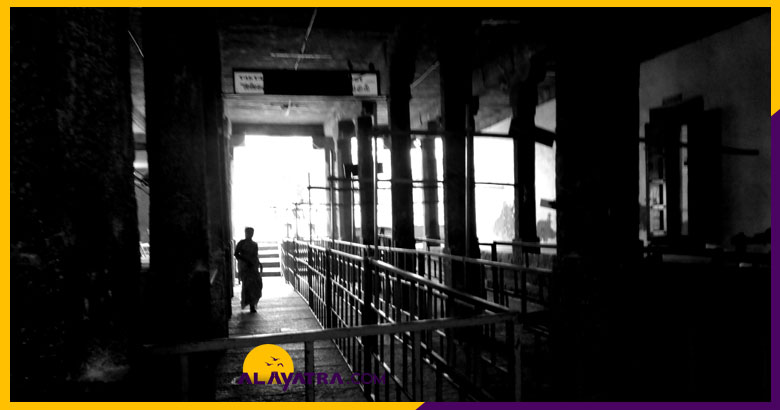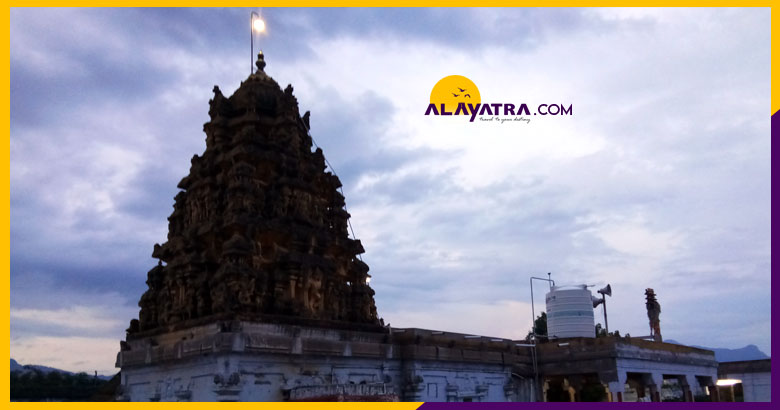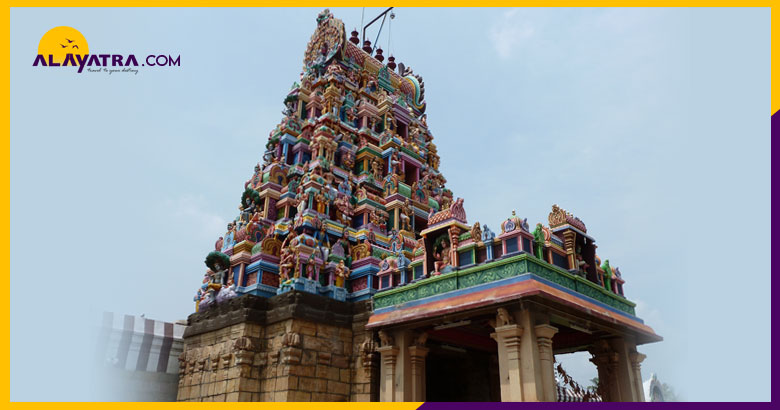How to plan your pilgrimage effectively?
Planning a pilgrimage can be a complex and challenging task, but with the right approach, it can be a meaningful and rewarding experience. Here are a few tips to help you plan your pilgrimage effectively:
Top 10 tips for planning your temple tours
Research the destination: Research the destination of your pilgrimage, including information on the history, culture, and customs of the area. This will help you better understand the significance of the pilgrimage and make the most of your time there.
Choose the right time: Consider the best time to go on your pilgrimage based on factors such as weather, crowds, and cultural events.
Plan your route: Plan your route and schedule, including transportation, accommodation, and sightseeing.
Pack appropriately: Pack appropriately for the destination, taking into account the weather, cultural customs, and the nature of the pilgrimage.
Prepare physically and mentally: Pilgrimages can be physically and mentally challenging, so it’s important to prepare yourself accordingly. This can include things like getting in shape, practicing mindfulness, or reading up on the spiritual significance of the pilgrimage.

Get travel insurance: Travel insurance can provide peace of mind and financial protection in case of unexpected events such as accidents, illnesses or trip cancellation.
Learn about the customs and practices: Learn about the customs and practices of the pilgrimage, such as the significance of certain rituals, the correct way to dress, and the appropriate way to behave in places of worship.
Get your documents in order: Make sure to have all the necessary documents for travel, such as passport, visa and other relevant documents.
Plan for contingencies: Plan for contingencies such as medical emergencies, lost or stolen documents, and other unforeseen events.
Respect and be mindful of the local culture and customs: Remember to be respectful of the local culture and customs during your pilgrimage, be mindful of your actions and be open to learning new things.
Be flexible: Being flexible and open to changes in plans can help you adapt to unexpected events and make the most of your travels.
Prioritize self-care: Traveling can be taxing on your physical and mental well-being, so it’s important to prioritize self-care. This can include things like getting enough sleep, eating well, and staying active.
Practice mindfulness: Mindfulness practices, such as meditation or yoga, can help you stay present in the moment and reduce stress.
Planning a pilgrimage can be a rewarding and meaningful experience, but it can also be challenging. Keep in mind that traveling can be unpredictable, and it’s important to have realistic expectations and to approach each trip with a sense of flexibility, open-mindedness, and patience.





